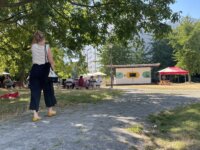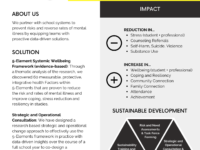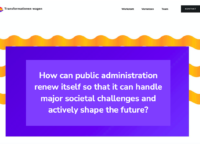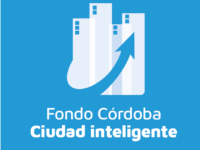Case Study
Collections of Ghent – Connecting citizens through digitised cultural heritage reuse and…

Collections of Ghent is an EU-funded innovation project designed to tackle the urban challenge: How to digitise cultural heritage beyond the cultural institutions, on a city level or higher. And how to use it to improve social cohesion and inclusion within a neighbourhood. It is both a digital transformation project, and a social innovation project where we research how digital cultural heritage can be used in co-creative and participative way.







